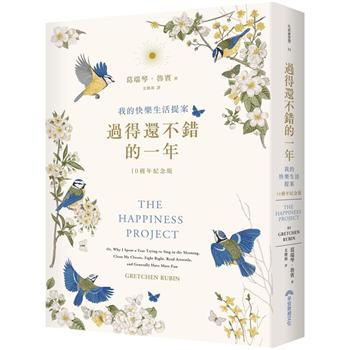Sustaining finite resources is a constant exercise in business. Health operators and insurers need to make management decisions that reduce the fearful effect of moral hazard and control utilizations. Managing the "uses for the uses" may not be the best indicator for a better decision. Knowing consumer behavior has much to contribute in this process. This study was based on the theory of health demand, fruit of a seminal research conducted by M. Grossman, in 1972. The universe was expanded, in this empirical study, conducted in a health plan operator, the variables were tested: contract with co-participation and full payment, versus the utilization of users. Hypertensive individuals and pregnant women had their minimum necessary utilization assessed and the variation in the type of health insurance contract proved to be a decisive determinant in the demand for health care. Knowing the client’s profile is not enough to achieve better results. The manager needs to have a command of the behaviour and determinants that influence the choices of his consumers, their "lives".
| FindBook |
有 1 項符合
Managing health insurance providers: getting to know their lives的圖書 |
 |
Managing health insurance providers: getting to know their lives 作者:Fagundes 出版社:Our Knowledge Publishing 出版日期:2023-03-21 語言:英文 規格:平裝 / 52頁 / 22.86 x 15.24 x 0.3 cm / 普通級/ 初版 |
| 圖書館借閱 |
| 國家圖書館 | 全國圖書書目資訊網 | 國立公共資訊圖書館 | 電子書服務平台 | MetaCat 跨館整合查詢 |
| 臺北市立圖書館 | 新北市立圖書館 | 基隆市公共圖書館 | 桃園市立圖書館 | 新竹縣公共圖書館 |
| 苗栗縣立圖書館 | 臺中市立圖書館 | 彰化縣公共圖書館 | 南投縣文化局 | 雲林縣公共圖書館 |
| 嘉義縣圖書館 | 臺南市立圖書館 | 高雄市立圖書館 | 屏東縣公共圖書館 | 宜蘭縣公共圖書館 |
| 花蓮縣文化局 | 臺東縣文化處 |
|
|
圖書介紹 - 資料來源:博客來 評分:
圖書名稱:Managing health insurance providers: getting to know their lives
|











